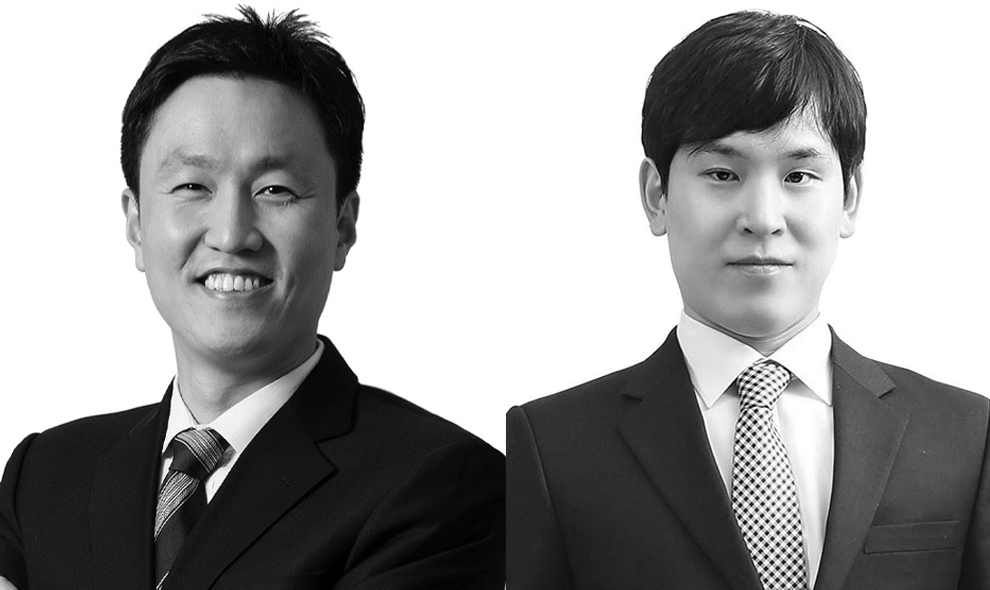In a broad sense, what policies does the South Korean government use to oversee foreign investment?
In a broad sense, Korea is quite a foreign investment-friendly state. However, we would say the Korean government approaches foreign investments coming into Korea and foreign investments going outside of Korea differently. Generally speaking, foreign investments coming into Korea are freely allowed, as long as they are properly reported. On the other hand, foreign investments bounding outside of Korea are more regulated and often require prior approval from the Korean regulators such as the Bank of Korea.
How has the 2017 Foreign Investment Promotion Act (FIPA) altered the regulation of foreign investment in the country?
The Foreign Investment Promotion Act (“FIPA”) was first enacted in 1998. Since the enactment of the FIPA, the Korean government has implemented policies to provide several incentives to foreign investors in order to attract more foreign investments into Korea. These incentives include tax incentives, subsidies, and foreign investor visas.
In the past, the Korean government’s interest was the amount of investment made by the foreign investors. However, in my view, more recently, the Korean government’s interest has shifted to the quality of the investment by attracting foreign investments in high value-added industries.
Are there other significant laws governing how foreign investment is handled?
FIPA applies only to certain foreign investments. The primary form of foreign investments first coming into Korea is equity investment (e.g. corporate formation). FIPA applies to a foreign investment whereby the foreign investor purchases shares of a Korean company in the amount of at least KRW 100 million (approximately USD 88,370) and the foreign investor will own at least 10% of shares in the Korean company as a result of the investment. In other words, if the foreign investor’s investment is less than KRW 100 million, we will have to look if any other law or regulations apply. For example, in such a case, the Foreign Exchange Transactions Act (as well as regulations promulgated thereunder) could apply.
In my view, more recently, the Korean government’s interest has shifted to the quality of the investment by attracting foreign investments in high value-added industries.
What regulatory issues are commonly encountered by foreign individuals or organisations attempting to invest in South Korea?
As we mentioned above, as long as the foreign investor makes the proper report for the foreign investment into Korea and is substantiated with the supporting documents, then the foreign investor should be in good shape.
Making the proper report is quite important because it could delay and complicate the process when the foreign investor attempts to later repatriate its investment back to its home state.
How would you advise that foreign investors avoid or overcome these hurdles?
We would say the foreign investors consult with a lawyer or an expert beforehand so that any required report is properly prepared and made.
About Rieu Kim and Hyuk Jun Jung
Rieu Kim: I have been with Barun Law since 2010 and before that I worked as an attorney at a boutique corporate law firm in California and at a major Korean electronics company.
Hyuk Jun Jung: I have been with Barun Law since 2014 and before that I worked as a Judge Advocate with the Korean Army.
Rieu Kim: Together, we have extensive experience advising Korean and international companies in relation to both contentious and non-contentious matters in Korea and outside of Korea. More specifically, we frequently advise clients in relation to their corporate activities in and outside of Korea, such as foreign investments, corporate formation, corporate reorganisations, contract reviews, M&A, joint ventures and employment.
Hyuk Jun Jung: We also represent clients in arbitration cases before the arbitral bodies, such as KCAB, the ICC and the HKIAC. I also represent clients in complex civil and commercial domestic litigation cases before the Korean courts. Our balanced experience in both advisory and contentious matters allow us to comprehensively understand the legal issues the clients are currently facing and may face, thereby allowing me to better support them and to create more values to them.
Rieu Kim, Senior Foreign Attorney (Partner)
rieu.kim@barunlaw.com
Hyung Jun Jung, Partner
hyukjun.jung@barunlaw.com
Barun Law LLC
Address: Barun Law Building, 92 Gil 7 Teheran-Ro Gangnam-Gu, Seoul 135-846
Tel: +82 2 3476 5599
Fax: +82 2 3476 5995
Website: barunlaw.com
Barun Law was founded in 1998 and quickly took its place among Korea’s top full-service law firms. It is now comprised of over 220 attorneys who, together with highly qualified support staff, provide a full range of legal services.





















